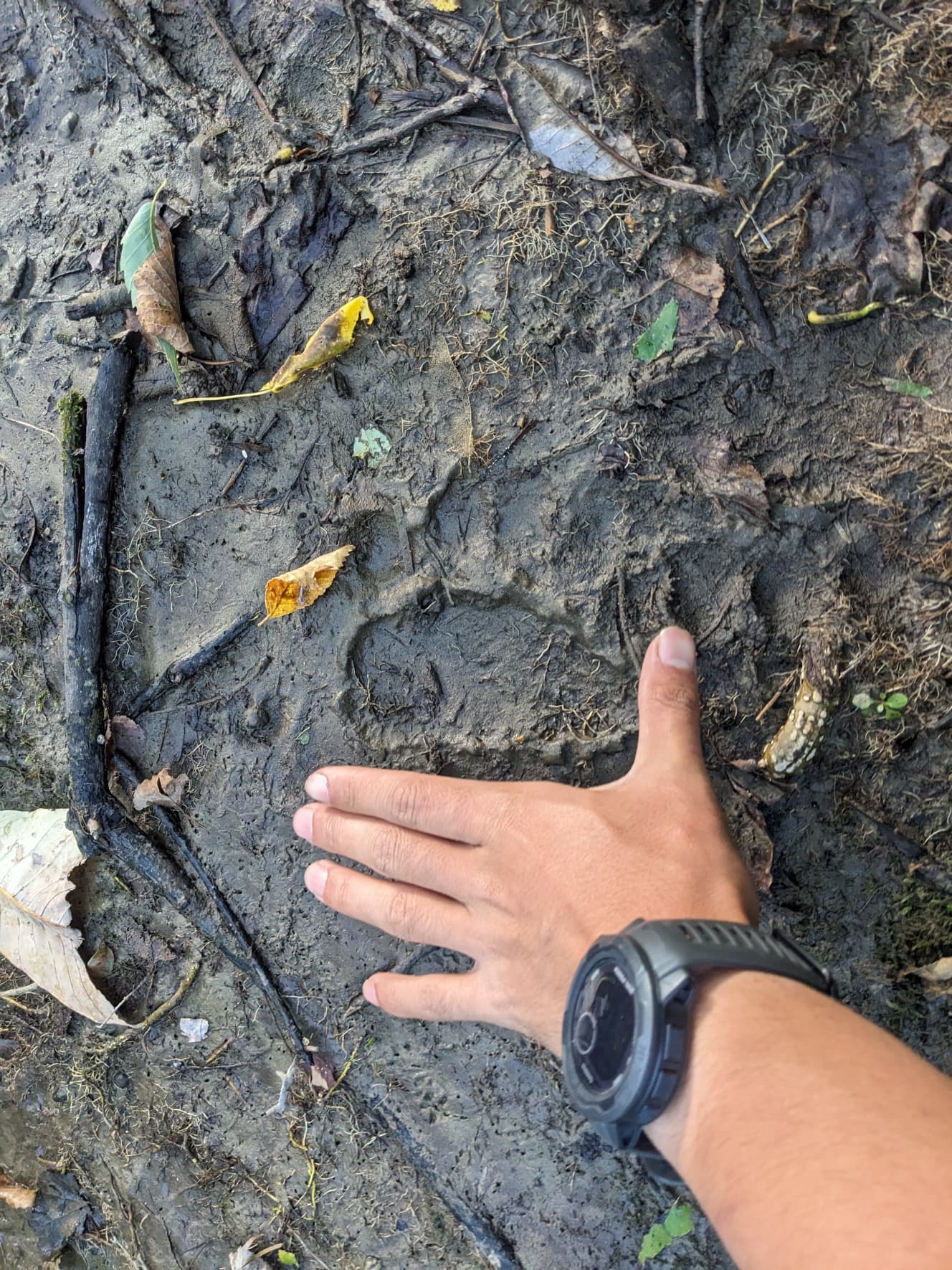A Hunter’s Dilemma: Navigating the Controversy of Bear Extermination in Hokkaido”
I know you feel sorry for them, but can you take responsibility when residents are attacked?
According to the Hokkaido Shimbun, when the newspaper’s special edition conducted a survey on brown bear extermination on its official line, 89.7% responded “yes” to the extermination. The number of respondents who responded to the number of brown bears appearing in the area has increased and it has become more urgent than before, was 85.4%. When asked what they thought of the criticism regarding the extermination of brown bears, some respondents responded, “I wish those who are criticizing it would think about what would happen if they or their family members were attacked by a brown bear,” and “For those who actually live in areas where brown bears appear, their presence is a matter of life and death.”
Most of the criticisms and protests against brown bear extermination in Hokkaido, such as “Why did you kill them?” and “I feel sorry for the bears,” came from outside of Hokkaido.
“I can understand why people feel sorry for them. I was a city boy in Nagoya when I was there, but I think it was too unrealistic to imagine bears walking around town.”
“But in reality, bears are walking freely near houses and in the hills behind elementary schools, and devouring farm products. Can the people on the outside who are shouting, ‘Why are you killing them?’ help? We have to deal with it so that the residents aren’t harmed.”
It is not Pooh or a teddy bear walking in the hills behind the school.

He said, “I feel like it’s a matter of imagination, and maybe I lose myself when animals are involved. I don’t deny that I feel sorry for them, but I don’t think it’s good to force that feeling on others.”
When the government offices and hunters receive calls and e-mails protesting, it restricts their movements in the field. The city office also stops publicizing the fact that they have exterminated the animals because of the criticism they would receive if they were to inform the community. Mikasa City also does not report the extermination to the public. No one protests to the city office, but some people say, “Don’t exterminate them,” or “Just get rid of them.” Even in Mikasa, which is surrounded by mountains, there is a big difference in temperature between areas where bears appear and areas where they don’t.
In late September, the Hokkaido prefectural government posted a message on its official X (formerly Twitter) asking for understanding of brown bear hunting. Behind the message was a concern that a string of protests against hunters engaged in brown bear extermination could hinder the securing of “bear hunting leaders” in the region.

While the bear population continues to increase, many chapters of the Hokkaido Hunting Club are facing an aging population and a shortage of staff. The Mikasa branch has only five young hunters in their 40s, including Mr. Takasaki, and most of the hunters are in their 60s or older.
“The hunters are aging, and there is no doubt that the hunting fraternity will reach its limits if things continue as they are,” he says. “So after my term as a Regional Development Cooperation Volunteer ends, I hope to be able to create a corporation so that younger people can make a living as hunters. Eventually, I also hope to work to pass on the bear-shooting skills I have cultivated to the next generation.”
“To achieve this, I think now is the time to do what I can do in my own way to the best of my ability and gain experience.”
Rakato Takasaki was born in Aichi Prefecture in 1999. After graduating from Dairy Farming University in 2009, he joined the Mikasa City Community Development Cooperation Team. He works for the city’s agriculture and forestry department as a specialist in avian and wild animal control.
Interview and text by: Sayuri Saito